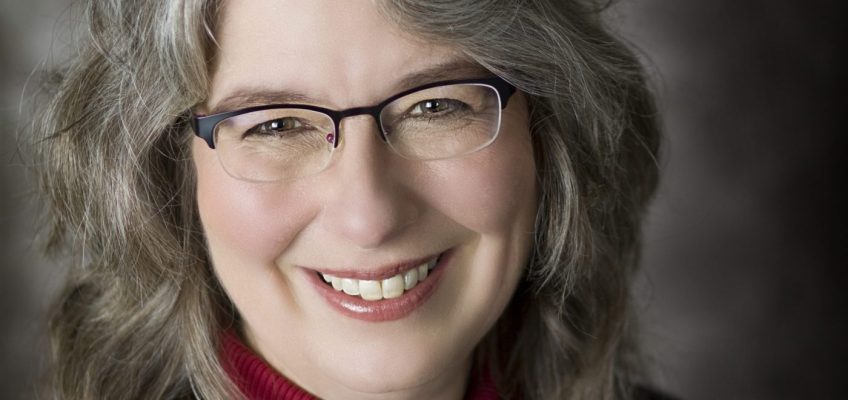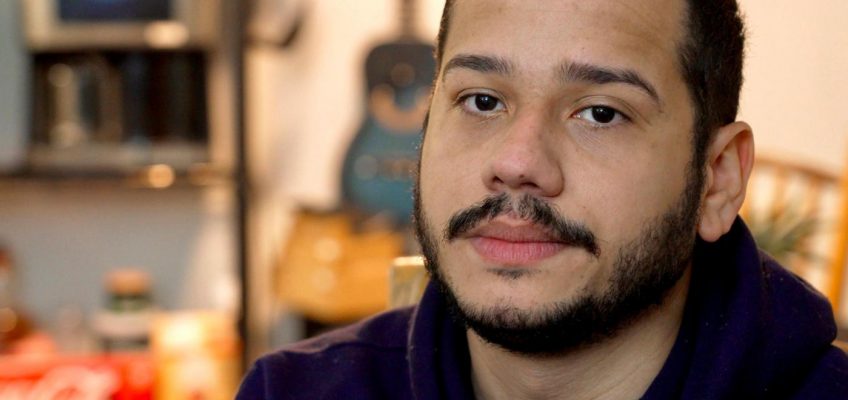When Dr. Bill McGuire proposed installing a “Welcome to the Midway” sign along St. Anthony Avenue, he recalled city officials telling him “we don’t like signs.” That’s one fight he won’t bother with as he digs in his planning heels elsewhere around the neighborhood.
“If somebody wants to take on that crusade, speak to me,” said McGuire, addressing a few dozen neighborhood residents and elected officials at the Allianz Field brew hall on Thursday evening.
The owner of the Minnesota United soccer team is no longer pulling punches as he talks up plans — again — for the land surrounding St. Paul’s Major League Soccer stadium.
Expressing open frustration with Metro Transit, the media, rent control and what he described as the city of St. Paul’s lengthy permitting process, McGuire told the crowd he’s signed a contract with a soon-to-be-disclosed hotel operator for the on-again, off-again United Village development, and he’s found enough tenants to fill at least half of a four-level office building, including a ground-level bakery and café.
McGuire, who began announcing the possibility of major real estate development years before the soccer stadium’s opening in 2019, did not identify particular vendors or commercial tenants, other than to say one of two single-story restaurant pavilions will be dubbed Pico and run by an independent, local operator offering Chianti wines in take-home wicker baskets and other elevated fare.
Dr. Bill McGuire. (Pioneer Press: John Autey)
“There is a hotel flag,” McGuire said. “We’ll announce it later. The contract has been signed with them. You’ll like what it is. The only barriers are the city: Can we get the permits signed? … We lost funding for one building that I didn’t mention earlier because things just couldn’t get done.”
A community hall, new music venue
The two-hour community presentation was co-organized by Ward 1 Council Member Anika Bowie and co-sponsored by the Hamline-Midway Coalition, the Union Park District Council, the Summit University Planning Council and the Midway Chamber of Commerce.
On overhead screens, McGuire, who has become United Village’s public face and lead developer, offered up fresh renderings for possible new commercial real estate and public-facing amenities near the corner of Snelling and University avenues. He said he’s soon to move forward with an office building with a ground-level eatery, two restaurant pavilions, a hotel, a parking ramp and an acre-sized, garden-lined park that would sit between the hotel and the massive loon statue recently installed over the intersection. The hotel would include a 4,000-square-foot community meeting hall for public use, he said.
His conceptual renderings depicted — in a subsequent development phase — a possible music and performing arts venue of 3,000 to 4,000 seats that McGuire said would complement, rather than compete with, existing performance spaces.
“We all look forward to seeing some cranes in the air and some buildings going up pretty soon,” said McGuire, toward the close of a two-hour community presentation. “This area is a tremendous opportunity.”
Challenges
The overhead screen presentation also listed a litany of challenges.
Master plans that came together around 2017 once envisioned 1 million square feet of office space at United Village, which was drawn up on paper before the pandemic, the riots of 2020, and the era of high interest rates, a tight lending market and remote work.
It’s not just the degree of office space that is unrealistic, he said. A movie theatre company that once considered moving to United Village closed during the pandemic, and that industry never fully recovered.
While neighborhood residents have objected to surface parking lots, McGuire said building underground parking will add millions of dollars to development costs, which would have to be absorbed by higher rents.
In addition to the music hall, McGuire said he had not ruled out the possibility of adding housing to United Village in a later phase, and he pondered taking his cue from European communities that have built plus-sized apartments spanning 1,200 square feet for seniors and middle-aged residents seeking a break from homeownership.
“Housing could work but we have to get a few things done,” he said, calling the city’s repeatedly-amended rent control policy “a major barrier” to attracting developers and investors turned off by the uncertainty around further amendments.
Their concern is the “in-and-out nature,” he said. “Is it going to change next year? Is it going to change the year after?”
He also noted that requiring ground-level retail within mixed-use, multi-family buildings no longer made sense in the era of remote work and online shopping.
No bathrooms?
McGuire said the city’s slow permitting process and negative press coverage highlighting the area’s challenges with crime and vagrancy had scuttled more than one development deal in recent months.
Investors get cold feet when “they wake up to yet another crap story about how bad the neighborhood is,” said McGuire, shortly before explaining to inquiring audience members that street drug use and insurance liabilities made him reluctant to maintain publicly-accessible bathrooms by P.K.’s Place, the new all-abilities playground he installed last year next to Allianz Field.
“It’s a phenomenal little park for kids,” said Allen Saunders, a former stadium worker and member of the Union Park District Council, in an interview after the presentation. “But it doesn’t have bathrooms.”
The Rev. Kirsten Fryer of Bethlehem Lutheran Church implored McGuire to reconsider, noting she and her congregation had removed human feces from outside the church more than once. “We clean it up a lot,” she said.
McGuire said there was movement afoot to fill surrounding blocks that have suffered long-term commercial vacancies. In the Midway Marketplace strip mall at 1400 University Ave. W., contracts are coming together for new tenants in the vacant T.J. Maxx and at least part of the vacant Herberger’s Department Store, he said.
The fate of CVS
McGuire said he had made some inroads on finding residential and commercial redevelopment partners for the long-vacant CVS Pharmacy building at the northwest corner of Snelling and University, which prior to the installation of recent fencing had drawn as many as 40 loiterers at a time, heavy litter and open-air drug sales.
Members of the Hamline-Midway Coalition and others involved in the “Stabilize Snelling and University” campaign have advocated for a combination of affordable housing and ground-level retail at the CVS site. They’ve said they found a successful model at the northwest corner of Dale and University avenues, where the Neighborhood Development Center’s Frogtown Crossroads complex spans 40 apartments above ground-level commercial tenants like Flava Cafe and Slice Pizza.
Likewise, said Hamline-Midway Coalition President Cole Hanson, CVS “should be a community asset that is filled by members of our community — a place for neighbors to buy coffee, buy groceries and get a slice of pizza.”
McGuire, however, said the city was already top-heavy with nonprofits and social benefit endeavors. He said the property owner maintains a ghost-lease with CVS, meaning the pharmacy chain continues to pay some $550,000 annually to rent a shuttered space it no longer occupies, and convincing the owner to give that up would be a tall order.
“I’m not going to do something in a community or an area where the city thinks it’s going to tell me what to do,” said McGuire. “I’m not going to soften it. … I think there are some options. We’ll see over the next two months. … It’s a complicated deal.”
On social media, some noted the irony that Allianz Field — the only real estate addition to United Village to date — pays no property taxes, and McGuire himself had led efforts to remove upwards of 30 private storefronts from the “SuperBlock,” from a bowling alley and multiple Chinese restaurants to most recently a longstanding McDonald’s.
Hanson said McGuire’s negative response toward publicly accessible bathrooms and a community-driven vision for the CVS site had left him cold.
“I’m angry,” he said, because rather than incorporating area residents, United Village “feels like it’s just going to be its own neighborhood.”
Related Articles
Breakaway Music Festival will return to St. Paul’s Allianz Field in June
Met Council Chair Charlie Zelle to deliver Met Council’s ‘State of the Region’ speech
Midway McDonald’s is McDemolished




